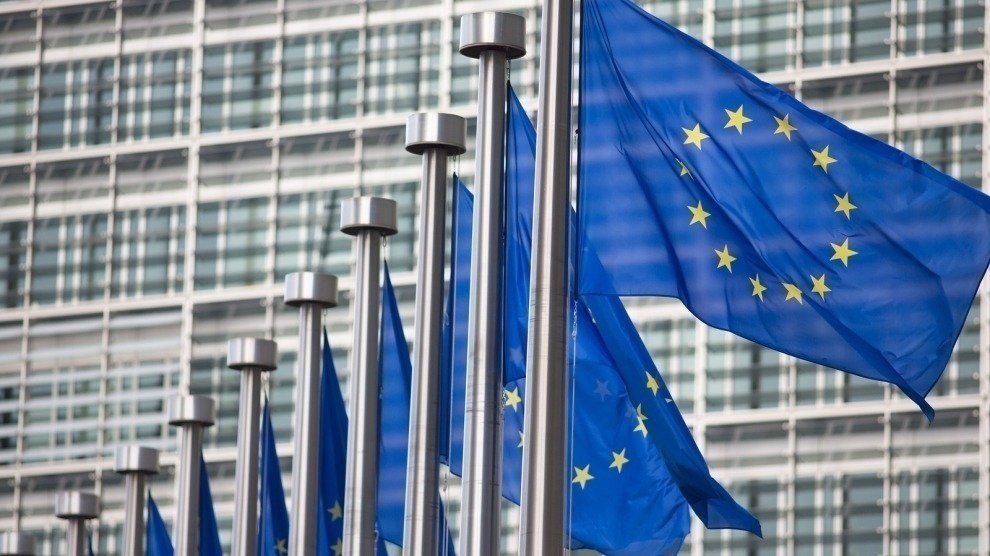The Digital Markets Act has taken yet another step to becoming adopted by European countries, with the regulations affecting how Apple runs various services gaining final approval from the European Council.
Over a year after being proposed, the Digital Markets Act has been approved by the European Council, a group representing the heads of state or governments of EU member states. With the final approval given by the council, DMA edges ever closer to becoming rules that will then become law across the continent.
The DMA goes after "gatekeepers" of large online platforms, such as Apple's management of the App Store and Messages. The rules aim to make the business environment as fair for all parties, by forcing gatekeepers into various concessions, such as making Apple's Messages platform work with third-party services.
For the App Store, the rules can force Apple to provide more marketing or advertising performance data to developers, allow third-party payment platforms to be used, and to prevent Apple from ranking its own apps above others in relevant App Store searches.
Companies considered to be gatekeepers have to comply with DMA rules within six months. Fines of up to 10% of total worldwide turnover could be imposed onto violators, rising to 20% for repeat offenses.
Systematic failure to comply with the rules can lead to a European Commission market investigation, which can result in "behavioral or structural remedies."
"With the final adoption of the Digital Markets Act, we will finally make large online platforms responsible for their actions. Hereby, the EU will change the online space worldwide," said Deputy Prime Minister for Digitisation and Minister of Regional Development Ivan Bartos. "The gatekeepers that the DMA addresses are omnipresent - we all use their services on a daily basis. However, their power is growing to an extent that negatively affects competition."
After being approved by the Council, DMA has been adopted as a legislative act. It now has to be signed by the European Parliament President and Council President then published in the Official Journal of the European Union. After that, the rules will start to apply six months later.
 Malcolm Owen
Malcolm Owen







-m.jpg)






 Christine McKee
Christine McKee
 Marko Zivkovic
Marko Zivkovic
 Mike Wuerthele
Mike Wuerthele

 Amber Neely
Amber Neely
 Sponsored Content
Sponsored Content
 Wesley Hilliard
Wesley Hilliard










12 Comments
Please excuse my lack of understanding when the EU speaks the following:
"Fines of up to 10% of total worldwide turnover"
What exactly is "turnover"?
Are they referring to Gross Sales or Net Sales?
Usually I would associate "turnover" with personnel tracking, usually a metric used by the HR department in a organization.
It’s bad news for all inventors and patent holders when a government can force you to implement on a competitors platform. Why invent something (iMessage) if the government can just steal from you. This is socialism and why everyone should be against it. It breeds mediocrity. There are plenty of messaging platforms for everyone to have one.
Time for a worldwide lawsuit against the EU for hacking systems and products. The EU has no right to sue a non-EU company, especially on non-EU sales. Time for the EU to actually produce something of value instead of going after non-EU companies.